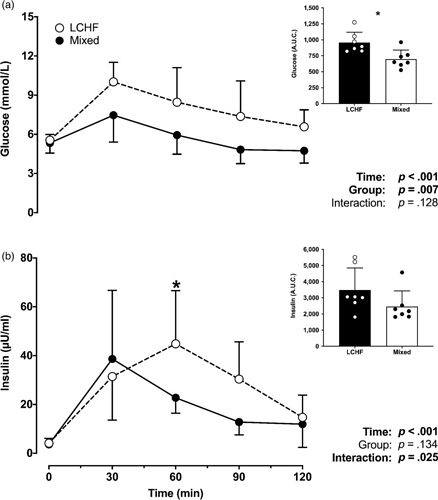The infamous “insulin resistance” term rears its ugly head. This is one reason why I’m loathe to use this term.
To me, that CGM curve I show above shows I’m still “metabolically flexible”. Do I have a higher spike because I’m “insulin resistant” in the sense that I have not eaten carbs in a long time? (That is, carbs = a higher peak because insulin is not excreted/used as quickly as it used to be.) Maybe. I haven’t tested what would happen if I ate higher carb for a while and then ate the same lunch/dinner.
Does it matter? Personally, I don’t think so. I feel great not eating a lot of carbs, so I’m not sure I want to eat more carbs.
Would I feel better with higher carbs and therefore (I guess) more “metabolically flexible”? I don’t know, as I haven’t tried it.
But I doubt it’s necessary.

